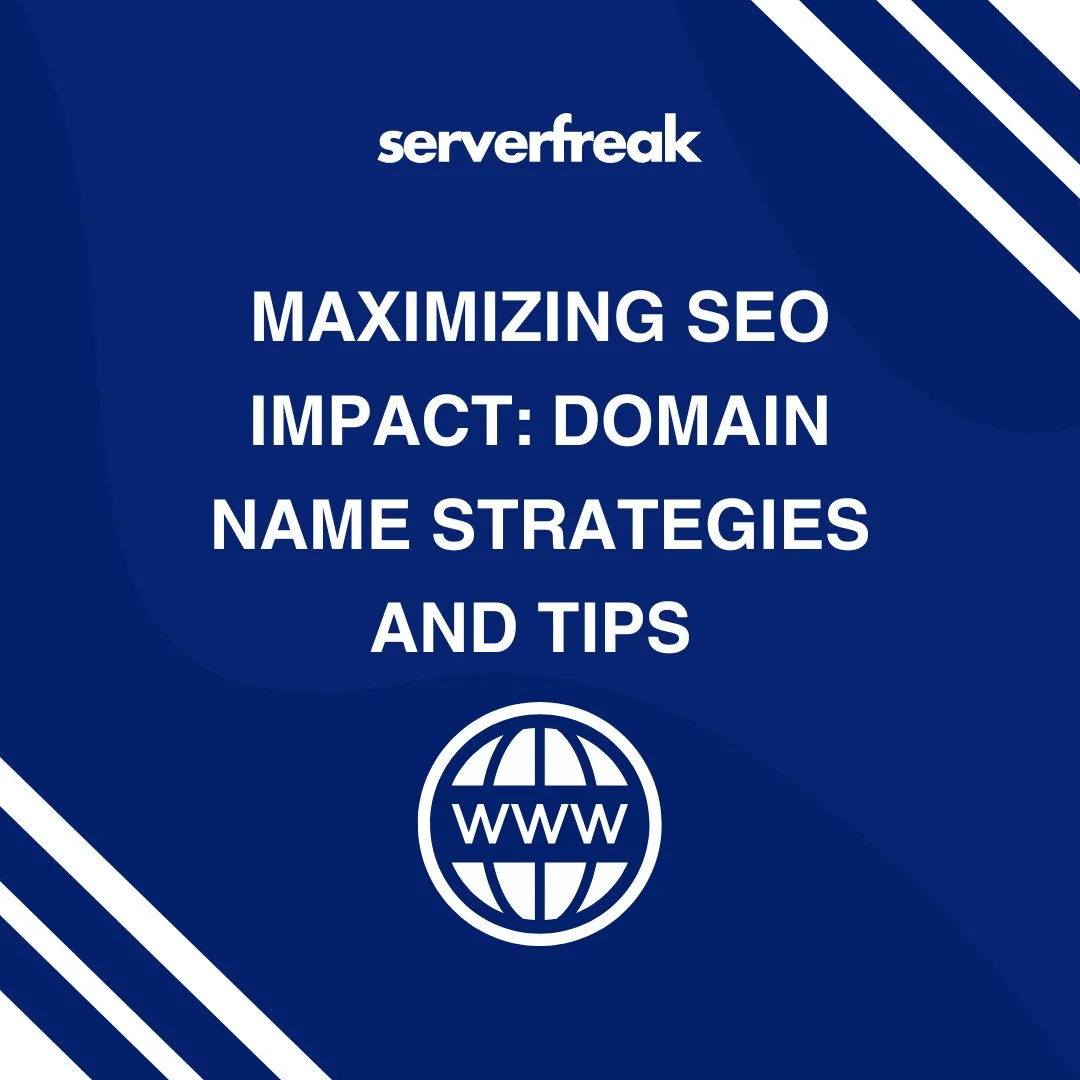1. Select the most suitable TLD extension for your target audience
Choose a TLD extension that best suits your target market and aligns with your website’s goals. Popular TLDs include .com, .org, .edu, .gov, .my, and others. Consider the location and demographics of your target market. For businesses primarily serving local customers, a country-specific TLD like “.my” or “.com.my” may be ideal.
2. Identify relevant keywords
Choosing a domain name that includes a relevant keyword related to your business is a bonus, but not necessary. Aim for a domain name that reflects your brand rather than stuffing it with keywords. For instance, if your business is called “Ali Sport Shoes,” it is unique and also includes a likely keyword for your business — “sport shoes.” If you decide to include a keyword, ensure it is simple and memorable for potential visitors by keeping it short and straightforward. Additionally, using geographically focused keywords can attract local clients and differentiate your business from competitors in the area.
3. Consider the length of the domain name
Users often find shorter domain names easier to remember and input into their browsers. Aim for a domain name that is no longer than three words, and avoid using digits and hyphens. A simple and straightforward domain name makes it easier for people to find your website and remember your name. Choose a domain name that accurately describes your website or business, as this helps build trust and attract the right clientele.
For example, if your website offers printing solution, a domain name like “PrintSolutions” or “PrintingShops” would be more relevant and engaging for potential visitors. On the other hand, a generic domain name like “Website101” does not clearly convey the content of your site. Striking a balance between being memorable and specific will help increase traffic to your website.
4. Avoid using numbers, hyphens, or special characters
Avoid incorporating digits, hyphens, and other special characters in your domain name. Although adding these elements might seem to enhance distinctiveness, they generally complicate the process for users to remember and accurately enter your domain. For instance, a domain name like “Printing-Solutions-101” can create confusion, as potential clients might omit the hyphens or mistakenly type “1” instead of the entire name. This can lead to diminished traffic and loss of prospective clients. Therefore, it is advisable to opt for concise, memorable domain names devoid of special characters or numerals, ensuring ease of recollection and correct entry by users.
5. Ensure the domain name is easy to pronounce and spell
Consider how easy it is to pronounce and spell your domain name when making a selection. A domain name that is difficult to pronounce may be hard for people to remember or share with others. Similarly, if it is difficult to spell, potential customers might struggle to find your website or could end up on a different site altogether. To avoid these issues, choose a domain name that people can easily pronounce and spell correctly.
6. Consider the potential for future growth or expansion
Even though the present version of your company or website may have a specific specialization or emphasis, you could desire to grow or change course in the future. Therefore, picking a flexible domain name that doesn’t restrict your alternatives is a good idea.
7. Register your chosen domain name with a trusted domain registrar
The next step is to register the domain name with a reputable domain registrar once you have chosen one that supports your company’s objectives and leaves room for future expansion.
Registering your domain name can ensure it is legally yours and stop others from using it. Selecting a trustworthy domain registrar such as Serverfreak that provides dependable services and excellent customer care is crucial.

Hand-picked related articles
Ways to Improve Your Site’s Ranking (SEO)
Use these actionable tips to take your SEO to the next level and send your website ranking up to the top of the search engine rankings. Gain more visibility, drive organic traffic, and set your…
Benefits Of SEO
Whether it's a new business or growing one, just think of your business popping up on the first page when…
Who Should Use Shared Hosting
If you fall into any of the categories below, shared server hosting might be suitable for you: 1. Small Businesses…
ServerFreak is ISO 27001:2022 certified
Here are 5 great reasons to cheer Firstly, let us tell you about the cert. ISO 27001:2022 is the world’s…